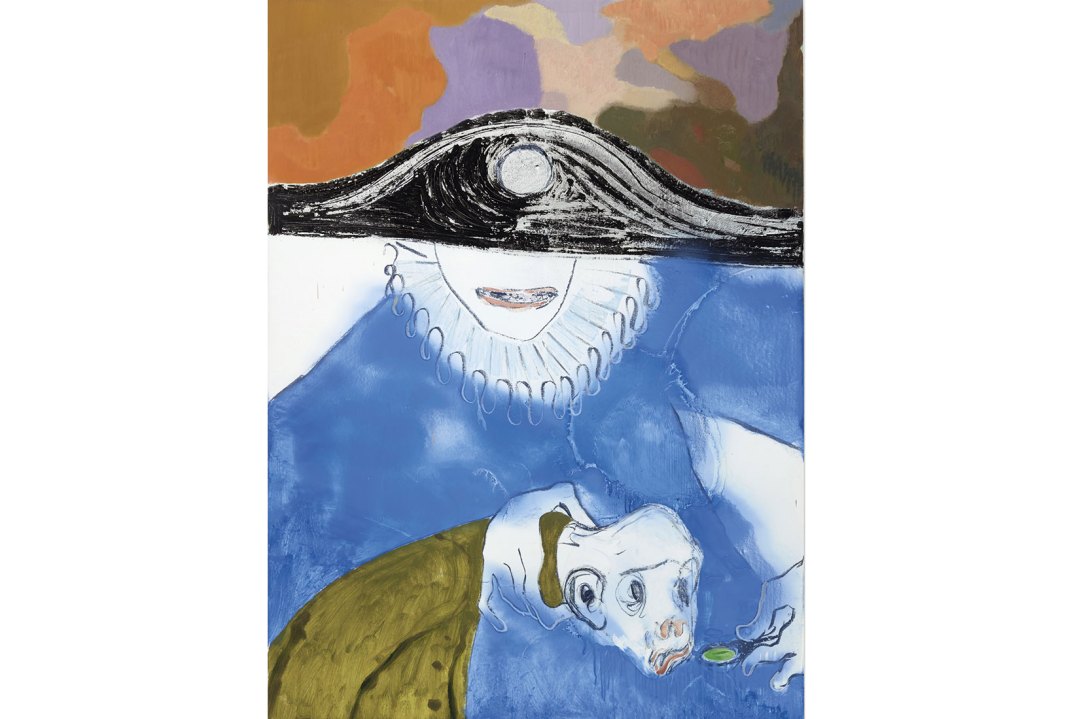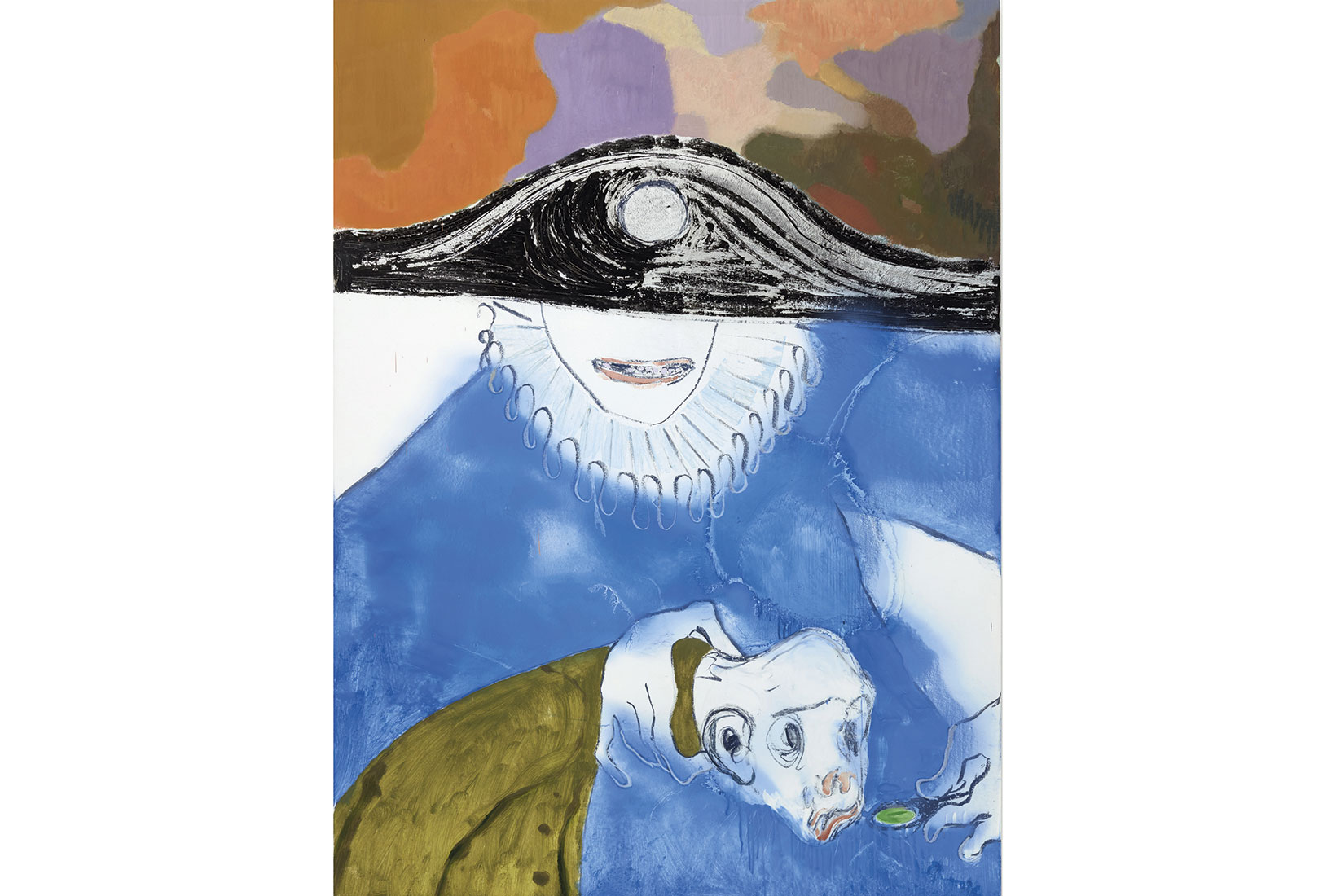An oxymoron is a clever gambit in an exhibition title. The Whitechapel Gallery’s Radical Figures: Painting in the New Millennium is designed to trigger the reaction: ‘Radical? Figures?’ before revealing quite how radical the figure can be. But like all good marketing, it is deceptive. Figurative art may have been consigned to history by Clement Greenberg 80 years ago, but history since — neo-romanticism, school of London, neo-expressionism — has repeatedly proved him wrong.
The ten painters in this exhibition aren’t a school: the only thing their work has in common is its statement-making scale. The three-metre canvas at the entrance, Daniel Richter’s ‘Tafari’ (2001), was inspired by a news story about African migrants crossing the Mediterranean to Spain in a small boat; Richter’s over-lifesized orange inflatable dinghy threatens to slide down the wall of black water into the gallery, dumping its bilious boatload of bundled figures at your feet.








Comments
Join the debate for just $5 for 3 months
Be part of the conversation with other Spectator readers by getting your first three months for $5.
UNLOCK ACCESS Just $5 for 3 monthsAlready a subscriber? Log in